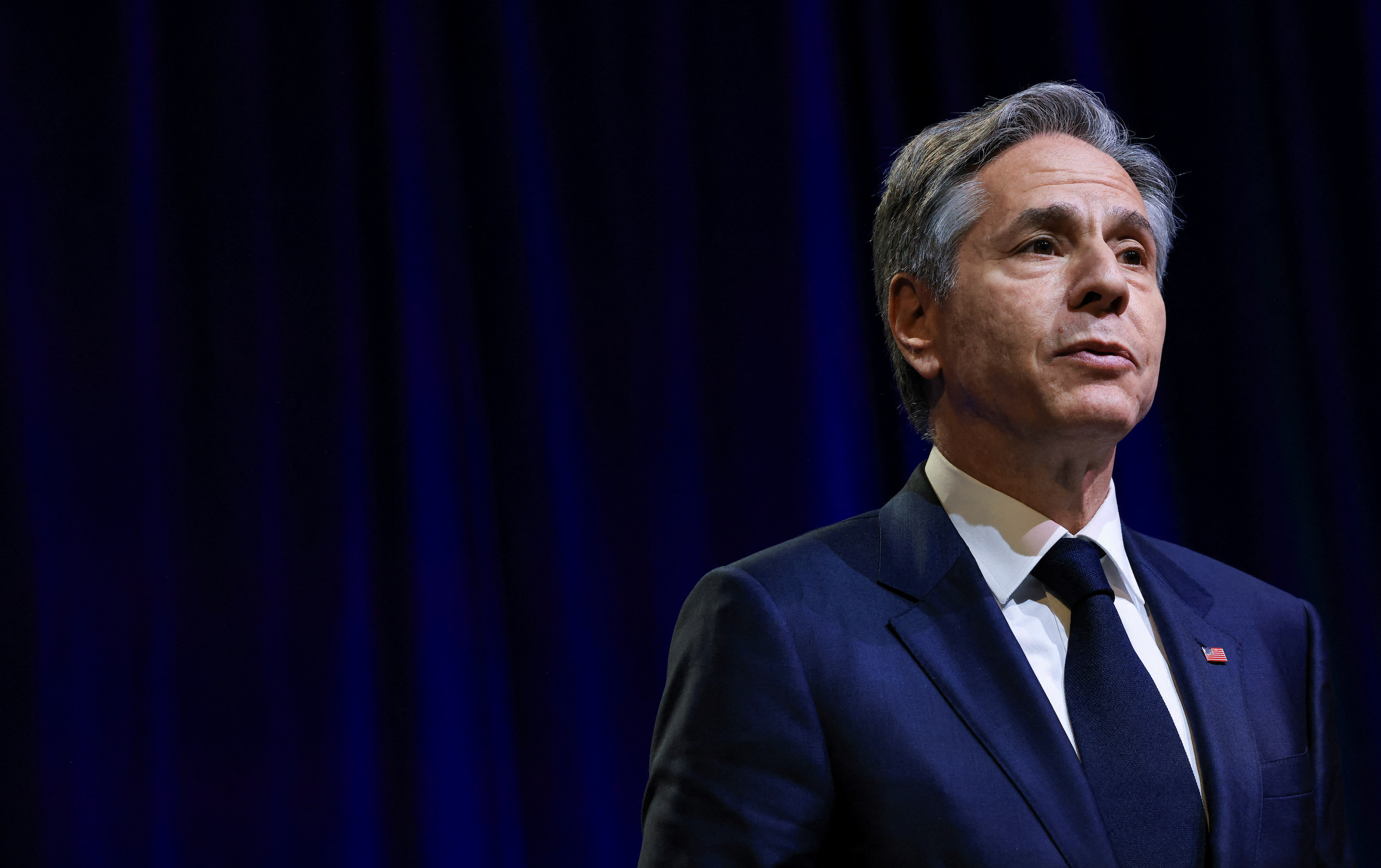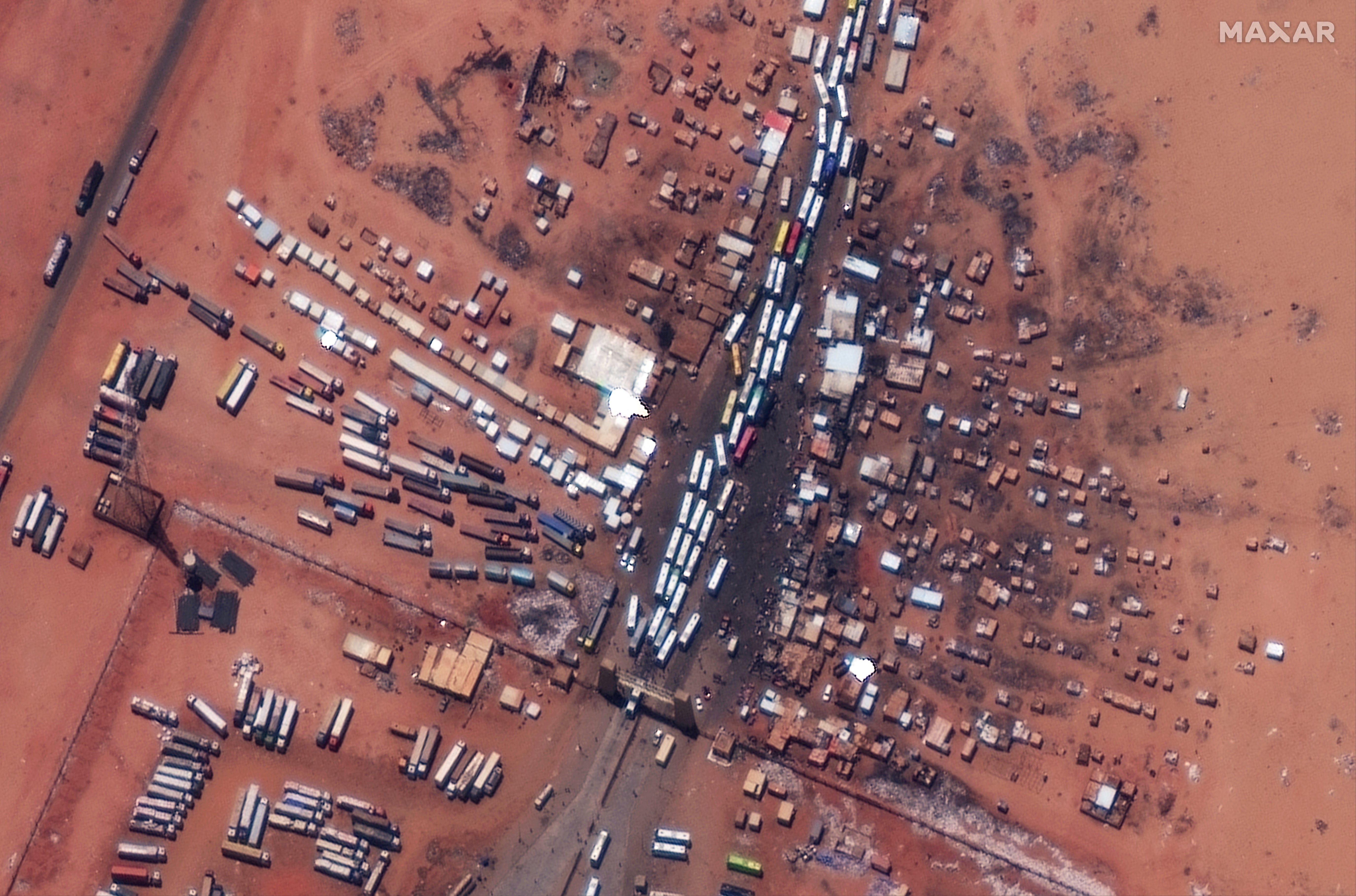
Armenian, Azerbaijani ministers hold talks in US over Karabakh
U.S. Secretary of State Antony Blinken delivers the Closing Plenary Keynote address at the Cities Summit of the Americas in Denver, Colorado, U.S. April 28, 2023. REUTERS/Kevin Mohatt
WASHINGTON (Reuters) -U.S. Secretary of State Antony Blinken met the foreign ministers of Armenia and Azerbaijan in Washington on Monday as part of efforts to ease friction between the South Caucasus rivals.
Tensions have flared anew after Azerbaijan installed a road checkpoint at the start of the Lachin Corridor, the only route linking Armenia to the disputed Nagorno-Karabakh territory.
Karabakh is internationally recognised as part of Azerbaijan, but home to mostly ethnic Armenians. Azerbaijan committed to keeping the route open as part of a Russian-brokered ceasefire in 2020 that ended a six-week war between the two countries.
Azerbaijan said it had established the checkpoint in response to what it said were Armenian weapon supplies to Nagorno-Karabakh. Yerevan denies that charge.
The talks - bilaterals between Blinken and each foreign minister as well as a three-way discussion - were not expected to yield a breakthrough.
A senior State Department official said Washington's "goal is to make sure that the ministers are able to sit down and talk to each other ... But it's most important that the two of them are able to continue their negotiations."
Washington previously said it was "deeply concerned" by Azerbaijan establishing the checkpoint.
The official also said the United States was disappointed Russia had taken a negative view of the meeting taking place in Washington.
The stand-off is seen as a test of Russia's resolve to mediate disputes in the region. Armenia - formally an ally of Russia through a mutual self-defence pact - has repeatedly called on Moscow to use its peacekeeping force to stop what it calls Azerbaijan's "gross violation" of the peace deal.
The parties have agreed to hold talks in Moscow at some point in the future, though no date has been set yet.
Negotiations over a longer-term peace deal between the two sides after another military flare-up last year quickly stalled as Armenia pushed for the European Union and France to have a bigger mediating role, but Azerbaijan rejected.
(Reporting by Humeyra Pamuk and Daphne Psaledakis in Washington D.C., and Jake Cordell in Tbilisi; Editing by Nick Macfie and Hugh Lawson)









